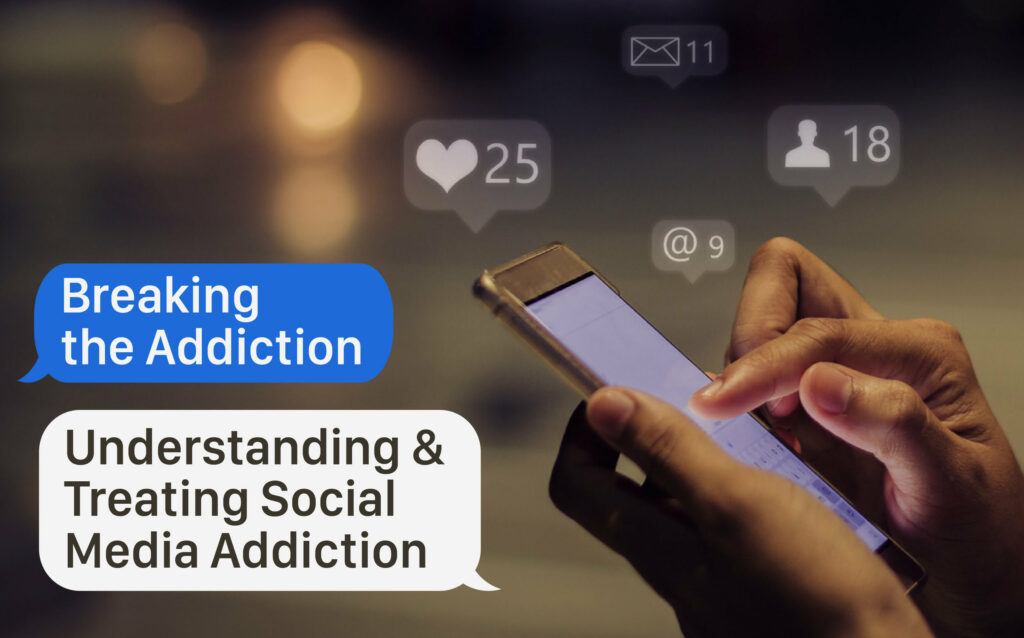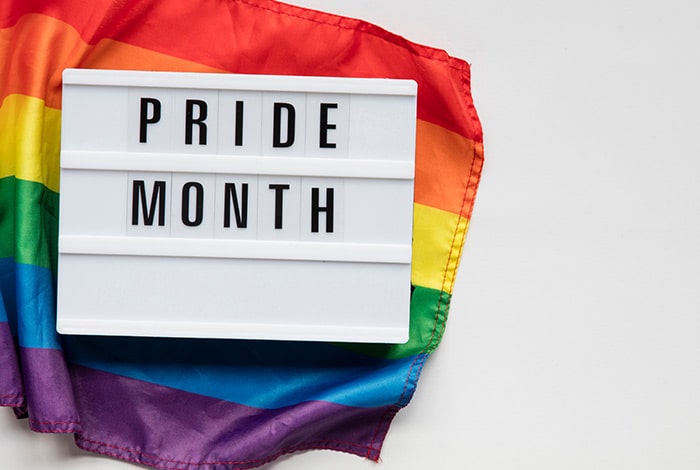Social media has become an integral part of our daily lives, with millions of people worldwide using platforms such as Facebook, Instagram, Twitter, and TikTok to connect with others and share information. However, the widespread use of social media has also raised concerns about its potential impact on mental health, including addiction.
The addictive nature of social media is due in part to its design. Social media platforms are designed to be engaging, with features such as notifications, likes, and comments that trigger dopamine release in the brain, a chemical associated with pleasure and reward.
Addressing Social Media Addiction
It is important to understand the underlying causes and contributing factors. Some individuals may turn to social media as a coping mechanism for stress, anxiety, or other mental health issues. Others may be seeking validation or social connection through social media, particularly in the absence of other social support systems.
Treatment for social media addiction may involve a combination of individual and group therapy, behavioral interventions, and lifestyle changes. This may include setting limits on social media use, developing healthy coping skills for stress and anxiety, and building meaningful social connections outside of social media.
Social media has the potential to be a valuable tool for connection and communication, but it is important to use it mindfully and in moderation. By promoting healthy social media habits and addressing social media addiction when it arises, we can help to ensure that social media remains a positive force in our lives.




